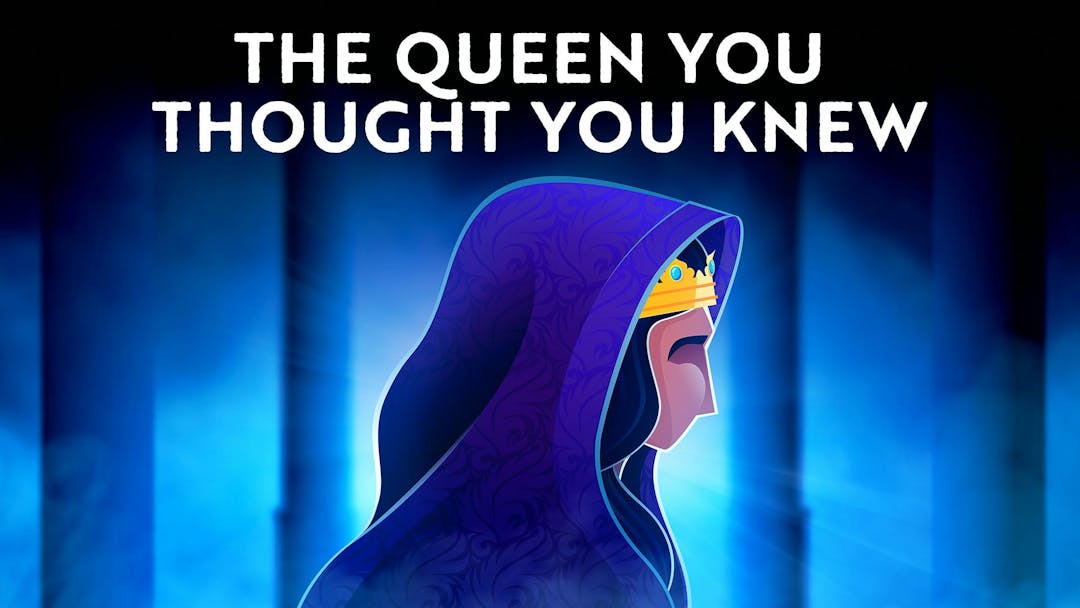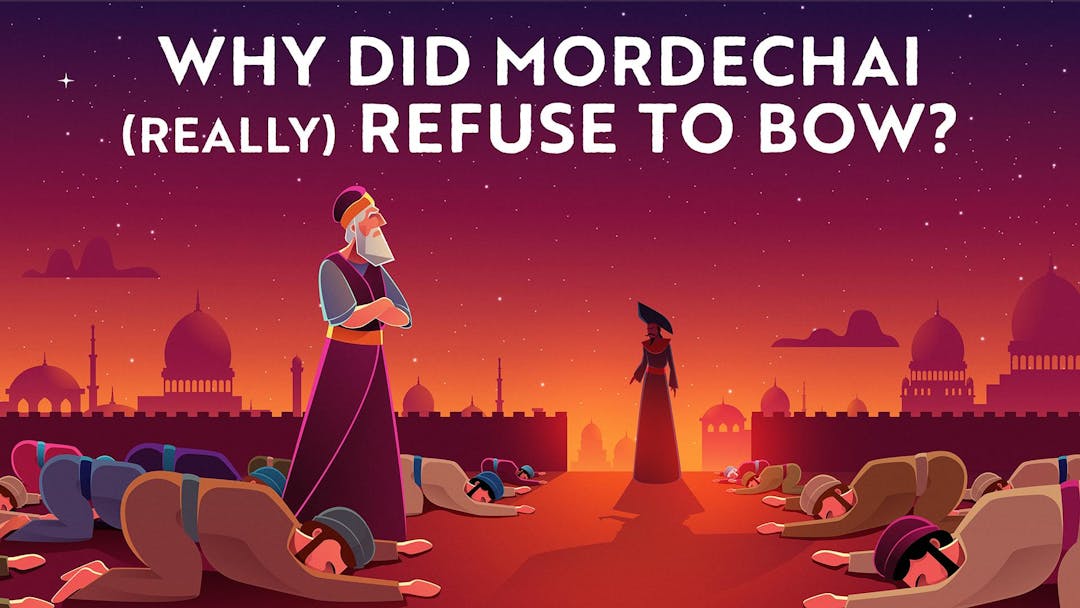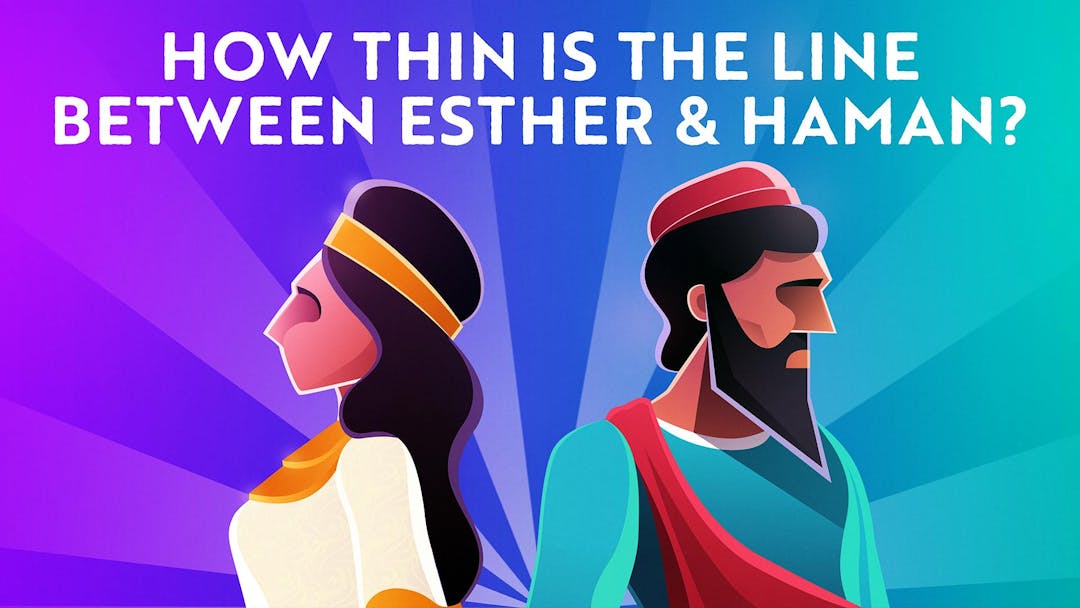Start your free trial today to unlock the full library and enjoy unlimited and uninterrupted access.
Get StartedMatanot Levyonim (Part 1 of 2)
Why do we send Mishloach Manot?
Besides for reading the book of Esther, Purim is primarily celebrated through two mitzvot: Mishloach Manot and Matanot levyonim. Mishloach Manot is the practice of giving gifts to friends and family and Matanot levyonim is the act of giving gifts to the poor. But what makes Mishloach Manot and Matanot levyonim so unique to Purim? Sure these are great mitzvot to do – but why do them on Purim, specifically?
Through a careful examination of the Purim story, Rabbi Fohrman explores the subtle whispers and foreshadows of these two mitzvot in the text. What emerges is a unique story of the discrete dialogue shared between Queen Esther and Mordechai during this period in the turbulent, Persian Empire. Join Rabbi Fohrman as he explores this fascinating backstory – and never give Mishloach Manot the same way again.
Learn more about Purim at Aleph Beta by checking out some of our other videos including Taanit Esther, The Queen You Thought You Knew, and Why Did Mordecai Not Bow To Haman.
Want to watch the full video for free?
Enter your email and we’ll send you a link to watch the full series free.
What is Aleph Beta?
Aleph Beta is a unique kind of Torah library. Led by our founder, Rabbi David Fohrman, we are dedicated to high-level, textual Torah learning for adults that is intellectually and spiritually sophisticated, that enlivens your Jewish practice and helps you forge a deeper connection to God. Whether you’ve been learning in yeshiva for years or you’re just beginning your Torah journey, you’re sure to find something meaningful and surprising waiting for you here.
Browse our library of over 1,000 beautifully produced animated videos, podcasts, deep dive courses, and printable guides. Topics include the weekly parsha, Jewish holidays & fast days, laws & mitzvot, prayers, relationships, big philosophical ideas and more. Have something to say at the Shabbos table that will amaze your family and guests and bring deep meaning into their lives.











